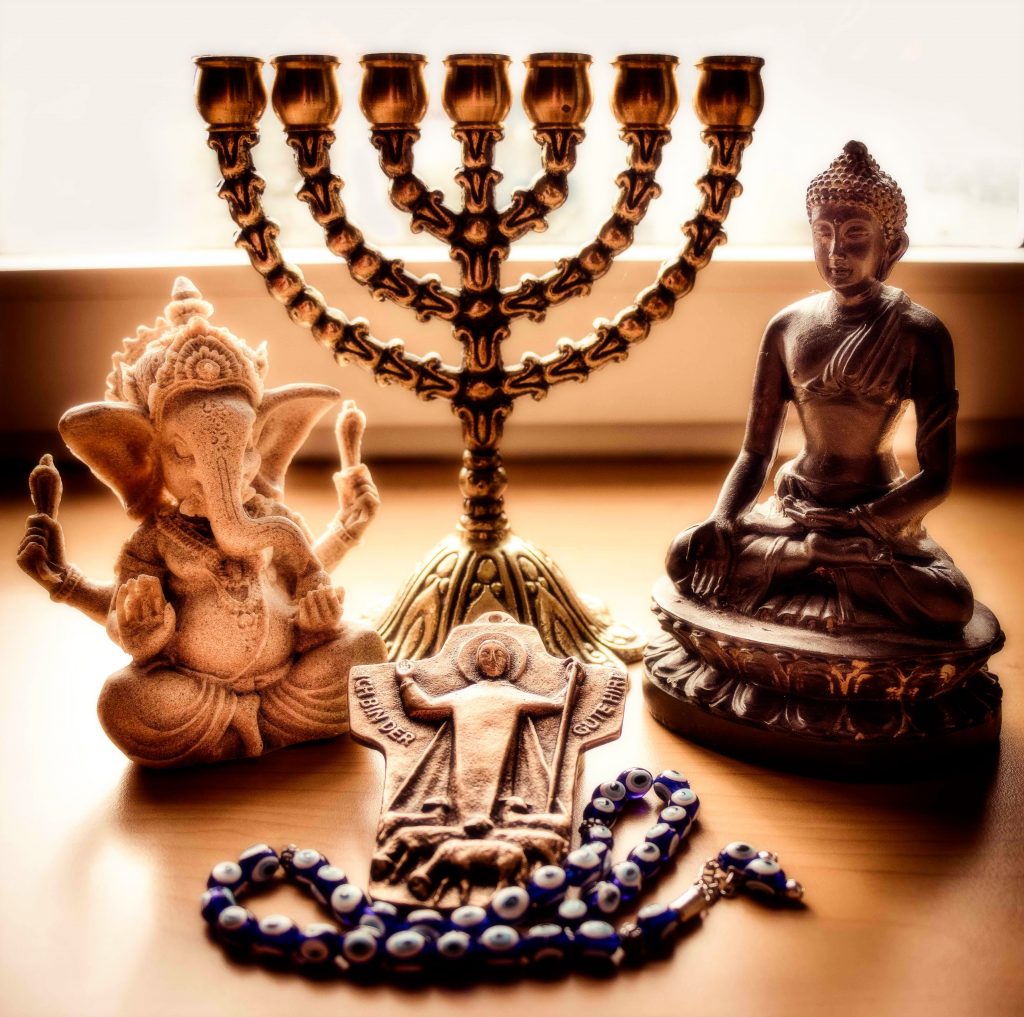Tours of menorahs and traditional neighborhoods, lectures, pop-up Shabbat, ritual baths – The Atlantic explores the increasing “commodification” of orthodox Judaism, and what it suggests about faith and the changing experience of it:
There is, apparently, a market opportunity in the gap between some people’s desire to interact with a religious tradition on the one hand, and their disinclination to observe life-encompassing codes and rituals on the other. Thus Jews as well as non-Jews can pay to pick up individual rituals, whether to add meaning or just interesting one-off experiences to their lives.
The commercialization of these faith practices raises a number of questions:
Such practices represent one answer to the question of how religions that are ancient, rule-bound, and communal fit into societies that are modern, individualist, and consumerist. Looked at one way, the point of religion is not to be a leisure experience or a form of tourism. Then again, to the extent people value getting a sense of meaning in their lives from religious rituals, why shouldn’t they have the option to measure that value in money?
The irony is that in seeking a spiritual experience through commercial means, people risk doubling down on what causes a great deal of spiritual alienation in the first place: the commodification of everything. Westerners eager to escape the pressures of a consumerist society have long been sampling Eastern spiritual traditions in consumerist ways—just think of all those expensive yoga classes and Buddhist meditation retreats. Now, Shabbat meals have joined the list.
Beyond the potential self-defeat of (the spiritual but not religious? agnostic but curious?) buying a faith experience, there’s also the question of the faith underlying the experience – does its commodification water down religion for those who do believe? Or does it reflect the continuing change that always exists in belief?
To some Jewish innovators, an individualized approach to Judaism makes perfect sense: “Pick and choose is the name of the game,” said the Israeli-born rabbi Amichai Lau-Lavie. “We live in a universal marketplace of ideas, and people are looking at the most compelling and vitally enriching elements of the Jewish tradition.” This phenomenon is by no means unique to Judaism, nor to the present day; as far back as the 1980s the term “cafeteria Catholics” was applied to members of the religion who chose which elements of Catholic doctrine to observe and which to discard.
Five years ago, Lau-Lavie founded New York’s Lab/Shul, which its website describes as a “God-optional” and “experimental community for sacred Jewish gatherings.” This non-Orthodox community offers public pop-up events featuring music, tapas, and drinks on Friday nights, where people are encouraged to put away their phones and connect with others as Shabbat begins. It also sells a Shabbat2Go DIY Kit, including placemats printed with liturgy options and conversation starters.
Is a one-off experience an answer to a spiritual need, and can it lead to something deeper?
“The digital, fast-paced urban world is pushing forward some of the oldest social technologies, like sitting around a table,” Lau-Lavie said. “Now take away the Shabbat, take away the Jewish, and that is just a super smart and super needed ritual that people want in their weekend.”
Read the entire story here.

